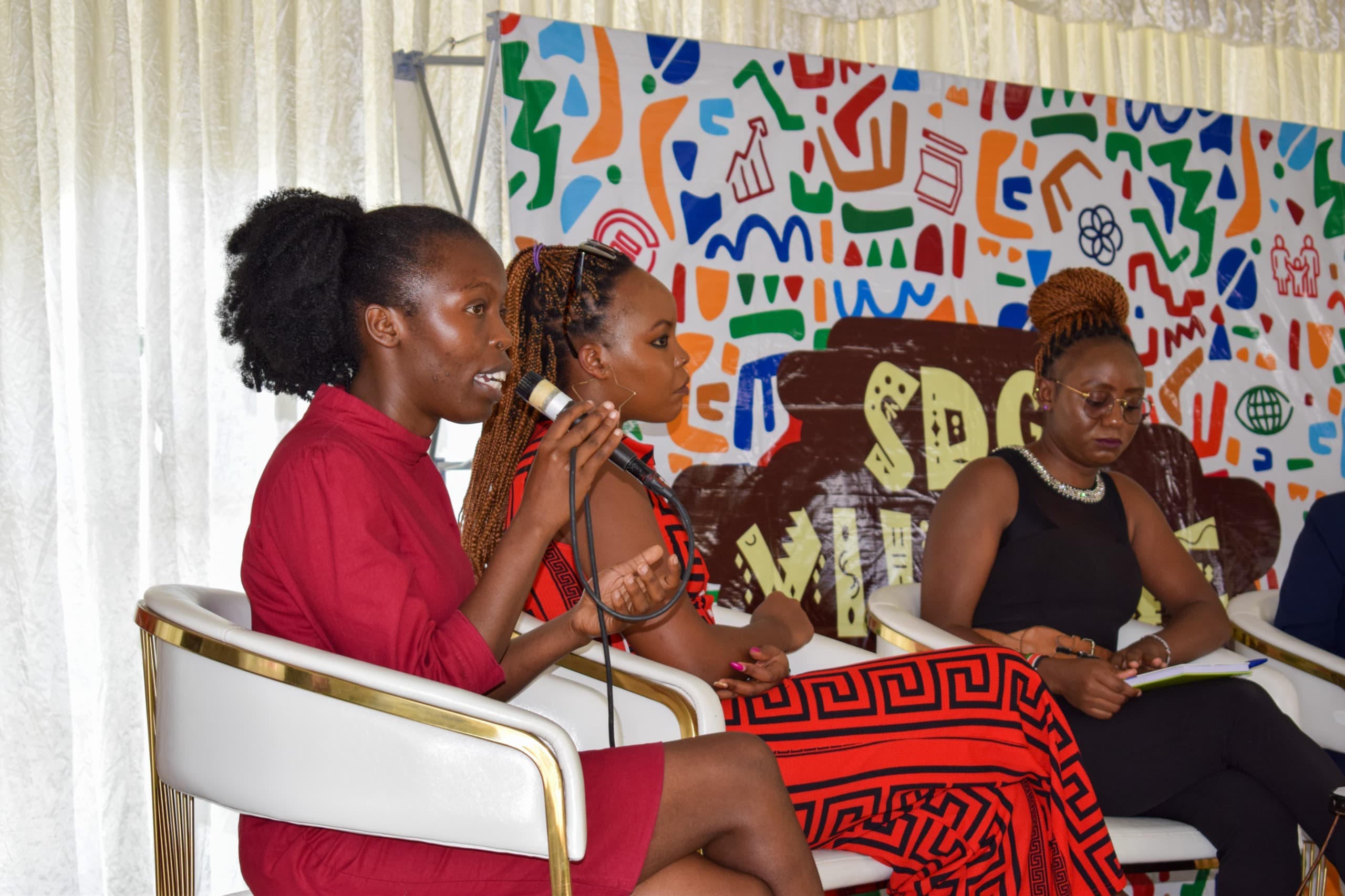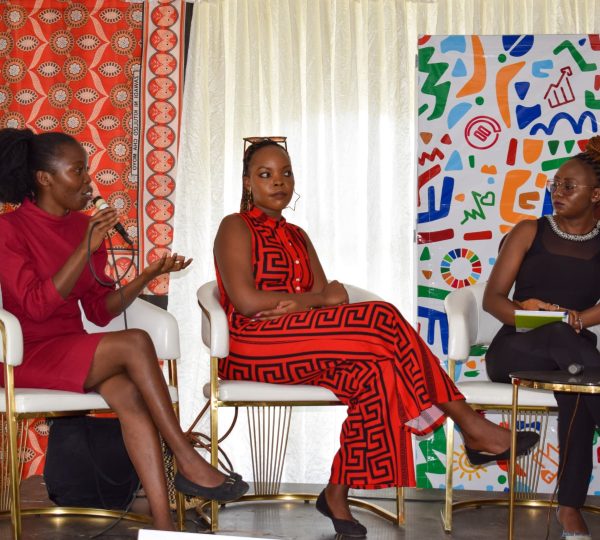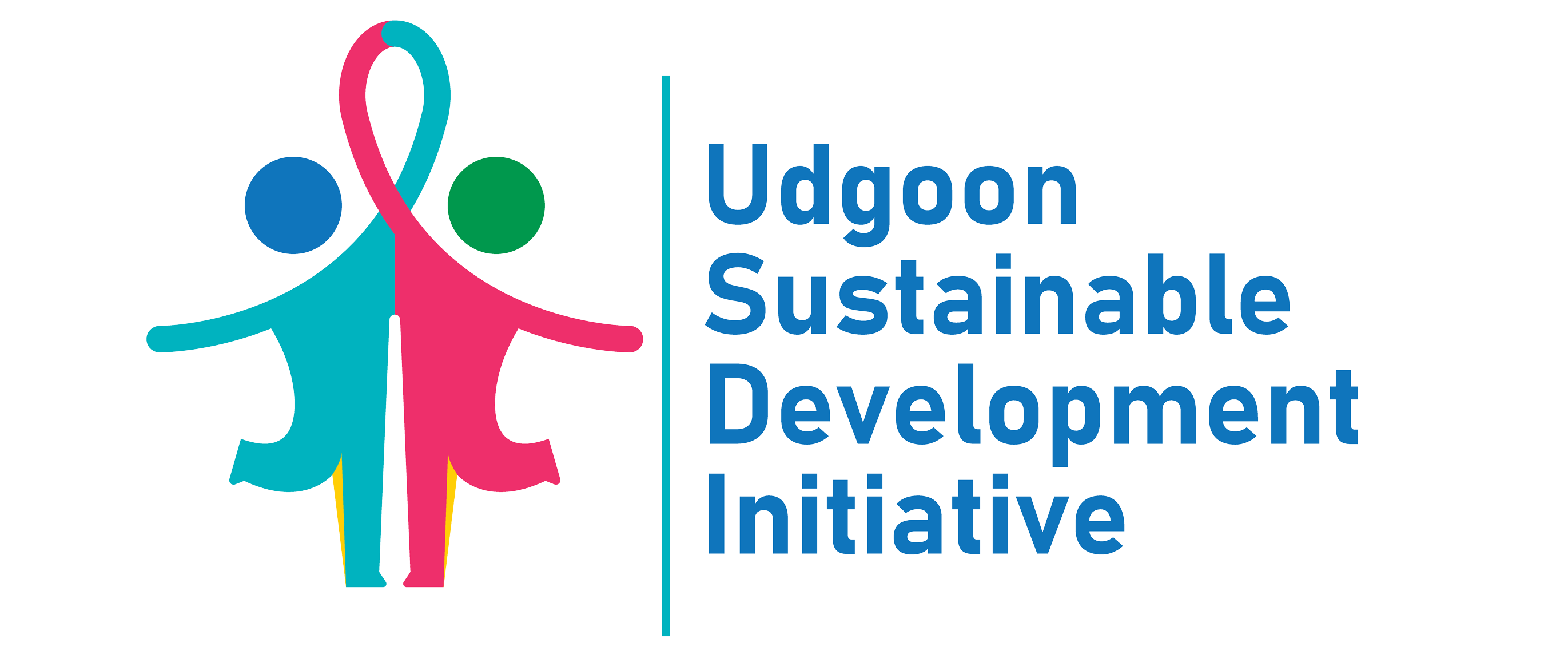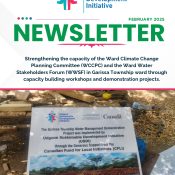
Utilizing Research Findings In Policy Making For Maximum Impact.
Opinion Piece By: Juliet Oluoch, Head of Climate Action and Research, USDI
The relationship between research and policy making in the complex process of governance is often lacking. It’s not onlya matter of enriching the intellectual debate it’s about creating tangible outcomes that impact societies and society.Findings from studies whether used for allocating resources or designing programs hold great promise to guide policytowards success and innovation. Nevertheless, despite the abundance of available knowledge the effective use of research remains low or nonexistent. The nuances of this process are essential for both researchers and policymakers to understandhow knowledge can be created and applied.
The utilization of research findings is not a linear process but a multifaceted endeavor that spans various stages of policymaking. From agenda setting to policy formulation and implementation, research has the power to inform and guide decisions at each step. Effective utilization not only ensures that policies are grounded in evidence-based practices but also fosters critical thinking and reflective practice among stakeholders. Moreover, it serves as a validation of researchers’ efforts, motivating further exploration and discovery.
However, the journey from research to policy is not without its challenges. Despite the majority of researchers engaging in dissemination activities such as workshops and publications, there remains a disconnect in reaching policymakers directly. Limited efforts in activities like one-on-one meetings and media engagement underscore the need for a more strategic approach to dissemination. To truly influence policymaking, researchers must familiarize themselves with the dynamics of the process, identifying opportune moments and employing tailored strategies to engage policymakers effectively.
Furthermore, research findings represent just one facet of the policymaking landscape. To maximize their impact, researchers must recognize the broader context in which policies are crafted, understanding the various factors that influence decision-making. This holistic approach enables researchers to not only disseminate their findings but also advocate for their relevance and applicability in real-world settings. It’s essential to acknowledge the role of interdisciplinary collaboration in research utilization. Many societal challenges are multifaceted, requiring insights from various disciplines to devise effective solutions. Collaborative efforts between researchers from diverse fields enhance the comprehensiveness and applicability of findings, making them more compelling for policymakers. Additionally, interdisciplinary collaboration fosters innovation by encouraging the exchange of ideas and methodologies across different domains.
Institutional support is another critical factor in facilitating research utilization. Universities, research institutions, and governmental bodies play pivotal roles in promoting a culture of evidence-based policymaking. Providing researchers with resources and incentives to engage with policymakers, such as funding for policy-relevant research and recognition for impactful contributions, can significantly enhance the utilization of research findings. Moreover, investing in capacity-building initiatives that equip researchers with communication and advocacy skills strengthens their ability to effectively convey the relevance and implications of their work to policymakers.

Juliet Oluoch – Head of Climate Action and Research, in a panel discussion on Policy Pathways for Climate Innovation: the role of research and policy in supporting climate innovation during People Dialogue Festival 2024.
In harnessing the potential of research utilization, stakeholders must adopt a proactive and strategic approach. From fostering continuous stakeholder engagement to leveraging diverse communication channels, the goal is to make research findings accessible, relevant, and actionable. Our efforts to connect research and policy with novel approaches to tackledifficult social issues will pave the way for evidence-based governance. Despite the dynamic nature of policy we mustremember the significance of research and its ability to transform society. The adage knowledge is power but it is only byusing it that you can truly change.
Expanding on the significance of interdisciplinary collaboration, it’s noteworthy to mention that some of the most pressing issues facing society today, such as climate change, public health crises, and economic inequality, are inherently complex and require insights from multiple disciplines to address effectively. For instance, tackling climate change involves not only scientific research but also considerations of economics, sociology, and political science to develop comprehensive mitigation and adaptation strategies. By breaking down silos between disciplines and fostering collaboration, researchers can generate more nuanced and holistic solutions that resonate with policymakers and stakeholders across different sectors.
The role of civil society organizations and advocacy groups in research utilization cannot be overstated. These entities often serve as intermediaries between researchers and policymakers, translating complex findings into accessible language and mobilizing public support for evidence-based policies. By amplifying the voices of affected communities and championing evidence-driven approaches, civil society organizations play a crucial role in shaping the policy agenda and holding decision-makers accountable. Therefore, fostering partnerships between researchers and civil society actors can enhance the impact of research on policy outcomes and ensure that policies reflect the needs and priorities of the populations they serve.
Additionally, technological advancements have opened up new avenues for research utilization and policymaking. The rise of big data analytics, machine learning, and artificial intelligence has revolutionized the way researchers collect, analyze, and disseminate information. These technologies enable policymakers to access real-time data and predictive models that can inform decision-making and anticipate future trends. Digital platforms and social media have expanded the reach of research findings, allowing researchers to engage directly with policymakers and the public on relevant issues. Embracing these technological innovations can streamline the process of research utilization and enhance the agility and responsiveness of policymaking in an increasingly complex and fast-paced world.
In conclusion, maximizing the impact of research utilization requires a multifaceted approach that encompasses interdisciplinary collaboration, institutional support, civil society engagement, and technological innovation. By harnessing the collective expertise and resources of stakeholders across sectors, we can bridge the gap between research and policy and address the most pressing challenges facing society today. As we move forward, let us remain committed to harnessing the transformative power of research for the betterment of all.
All Categories
Recent Posts
Give them a helping hand
+ 254 729 330 634
info@usdi-i.org


